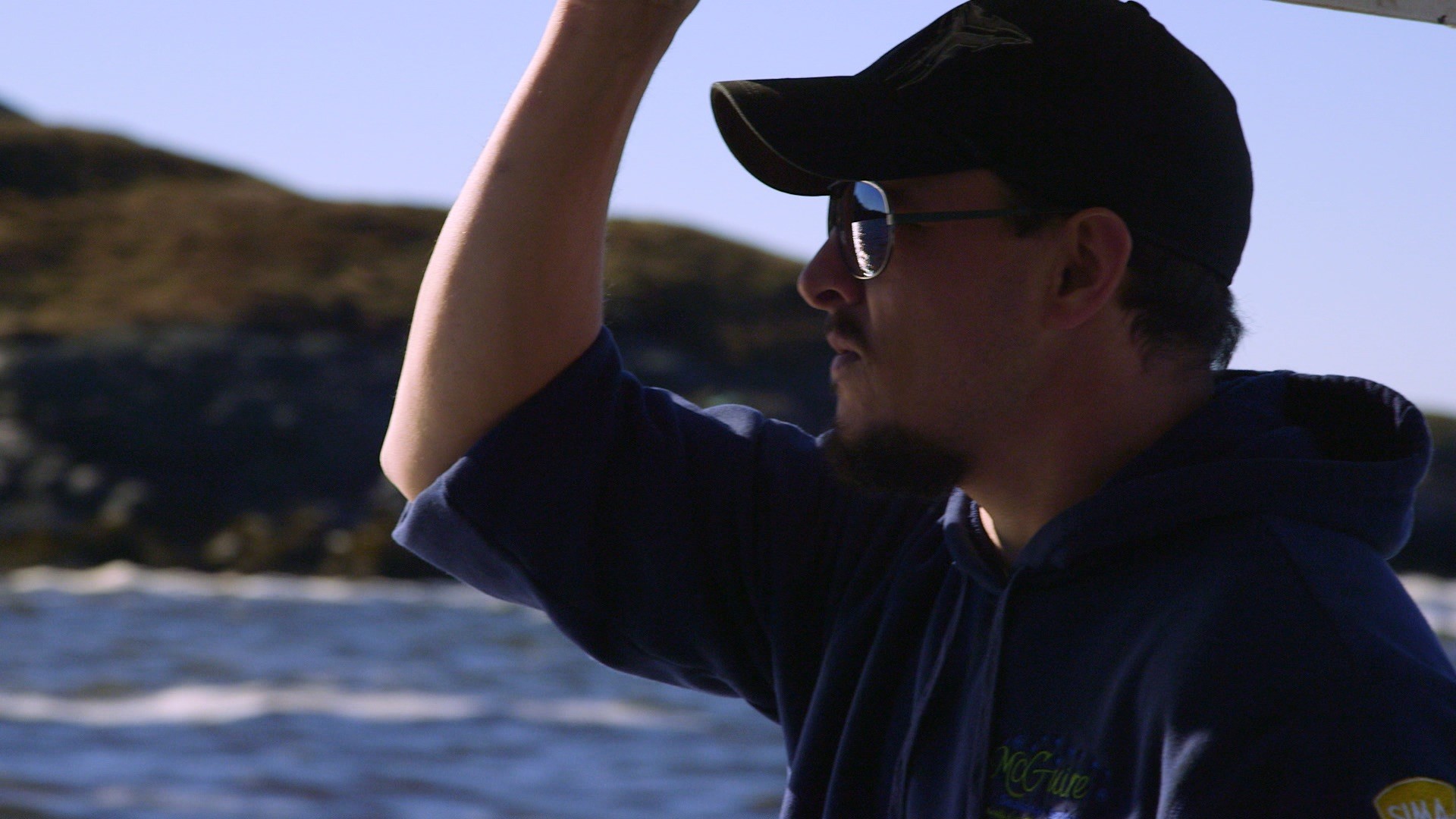Read Tonic's opioid coverage here.Head to the website for Narcan Nasal Spray looking for info about access to the anti-overdose drug in your state, and you're greeted by a handy color-coded map—one that's full of opaque terms like "entity specific standing order" and "collaborative practice agreements."Dude, what? I'm just trying to find out if it's legal to have this stuff in my possession in case I need to save a life, here. (Still, that's better than the website for Get Naloxone Now—an organization that provides information and training about the drug—which advises, "To find out more about Naloxone laws and Naloxone access in your state, Google '[your state] Naloxone.'")Sigh.Hey, we get it—this is complicated stuff. Some background: Naloxone is a prescription drug, but it's not a controlled substance. As of May 15, 2017, every state and the District of Columbia has some sort of Naloxone law on its books, but regulation varies widely from state to state. In some places, you need a prescription from your doctor, in others, you can go to the pharmacy or get it from a health department or even community organizations.It's a lot to sift through, so I asked Corey Davis, senior attorney with the National Health Law Program (NHeLP), which protects the rights of low-income and underserved communities, to lay it out for us: When it comes to Naloxone, where can prescribers and administrators still get in trouble?The good news is that to his knowledge, no doctor or pharmacist has ever been sued or jailed for prescribing Naloxone, so that hasn't been a problem."It is a perceived problem, though," says Davis, who's also the deputy director of the Network for Public Health Law. "This research, unfortunately, is still in the not-yet-published process, but it suggests that passing one of these laws—these immunity provisions—actually does seem to increase the number of prescriptions that are being issued. They might actually be important, because they're changing the way doctors feel."
More From Tonic: Maine's Fishing Community Battles with Heroin
"Those provisions are there because doctors and other prescribers sometimes have unrealistically high concerns about liability. Some of them have this fear that this is a scary new thing." He adds that it's not, actually—Naloxone was initially approved by the FDA in 1971. But nonetheless, apprehension from medical professionals persists.Okay, so your doctor or prescriber is probably safe. But what about you, administrator of Naloxone? You're just trying to save someone's life… is that going to get you in trouble?Again, Davis says that to his knowledge, no private citizen has been arrested for having Naloxone without a prescription. But you could run into other associated problems with the law.Naloxone distribution works a little differently than a lot of other prescriptions. If you have a cold, for example, you go to the doctor, they diagnose you and prescribe amoxicillin, you go to the pharmacy and pick it up in a bottle with your name on it. "The Naloxone distribution chain—by design, right? Because we want this this stuff to get out in the world—is much more informal than that," Davis explains.Many people get Naloxone through their health department, an exchange, a community group or just through a friend or family member. According to Davis, a lot of Naloxone that's circulating now can't be tied to a prescription—and to reiterate, this is a positive thing. The laws are designed to make it so it's more readily available.But the generic form of Naloxone is a liquid, and it comes in a vial rather than the spray canister."The one thing we have seen is … there have been situations where someone will basically get busted for drugs, and the cop will see this vial of some other medication, and they'll get charged with possession of a prescription drug without a prescription," Davis says. Only 15 states have stated explicitly that if you have Naloxone that isn't your prescription, you're in the clear. And Davis notes that it's really hard to tell how widespread possession charges are, seeing as people get arrested by the thousands across the country every day for drug crimes. "How many [people] are getting something like this tacked on and you never hear about it?" he asks. "It's impossible to tell, but I'm sure it is happening."The cops can come at you in other ways, too. Because while all 50 states have some sort of Naloxone legislation now, not every state has overdose Good Samaritan laws, which provide criminal immunity to those who call 911 to report a drug overdose. Those that don't: Arizona, Iowa, Idaho, Kansas, Maine, Missouri, Oklahoma, Texas, and Wyoming.And even in the 41 states that do, "Those laws are pretty weak, and cops don't like them," Davis says. "You get the impression—and there are some places where it's really clear—that they're going out of their way not to follow them."Most of those laws only provide protection from minor drug possession crimes. They're also dependent on everyone from the responding police officer to the district attorney "buying into it," so to speak, and wanting to let those people off. And here, again, it's nearly impossible to tell if they're being followed and how well they're being followed."We don't know if, say, maybe the cops are saying, 'Okay, well, we can't charge you for that, but then we're going to charge you for trespassing and we're going to check with your probation officer to see if you're on probation," Davis says. "And all kinds of people use drugs, but particularly if you're a homeless person using drugs … the cops want to mess with you. There's always something that they can find. I think that's the more problematic part, there."Read This Next: The Opioid Problem is Our Problem
Advertisement
More From Tonic: Maine's Fishing Community Battles with Heroin

"Those provisions are there because doctors and other prescribers sometimes have unrealistically high concerns about liability. Some of them have this fear that this is a scary new thing." He adds that it's not, actually—Naloxone was initially approved by the FDA in 1971. But nonetheless, apprehension from medical professionals persists.
Advertisement
Advertisement
